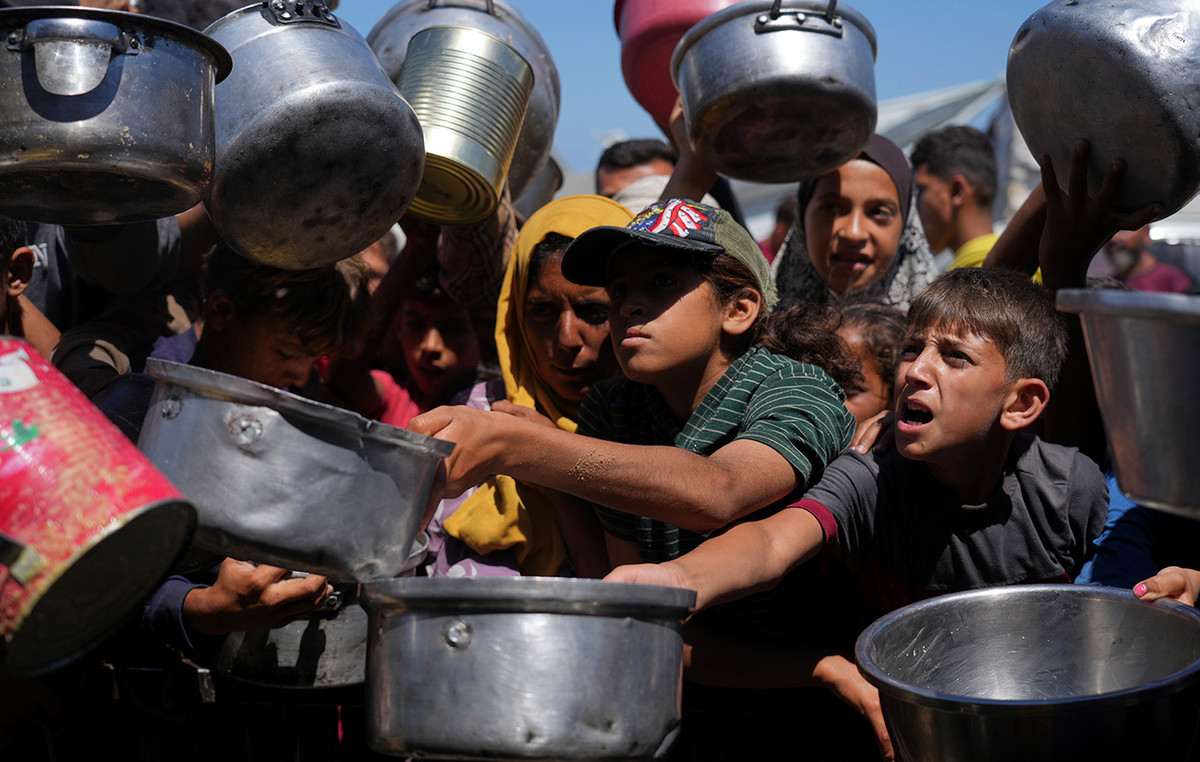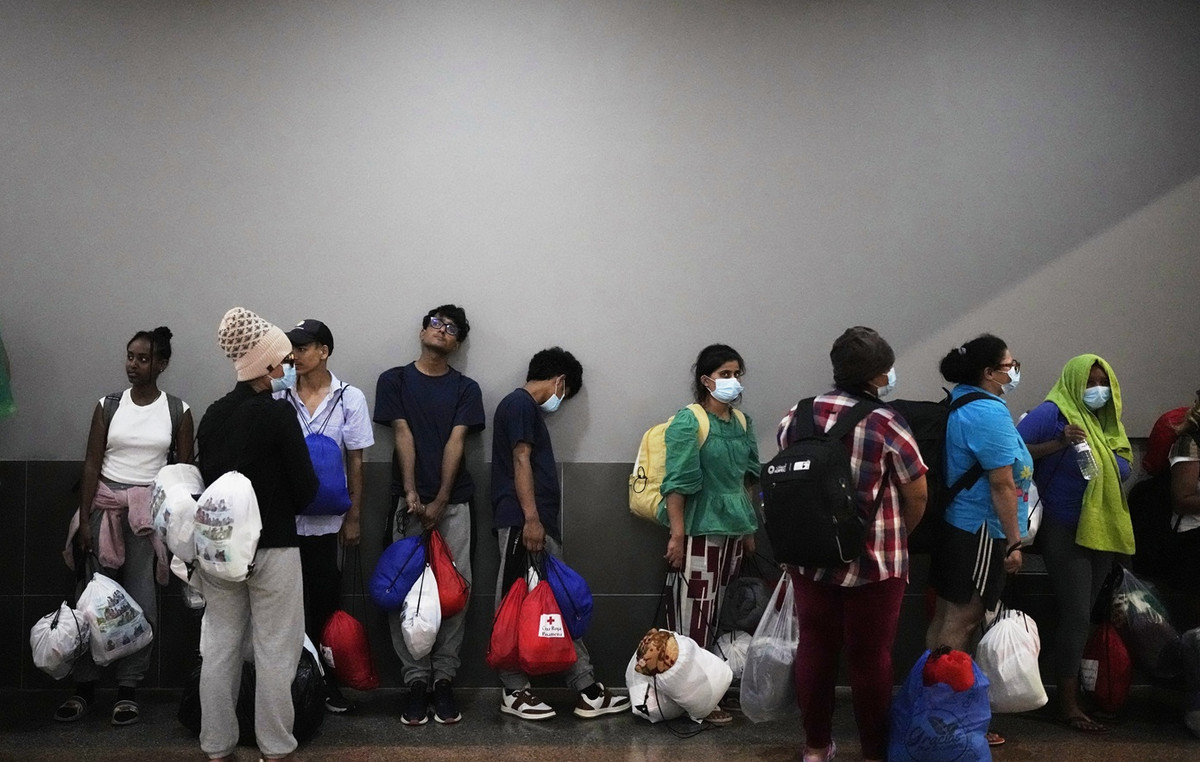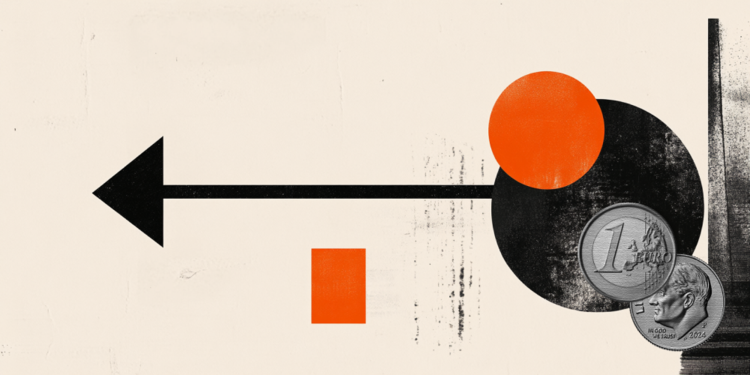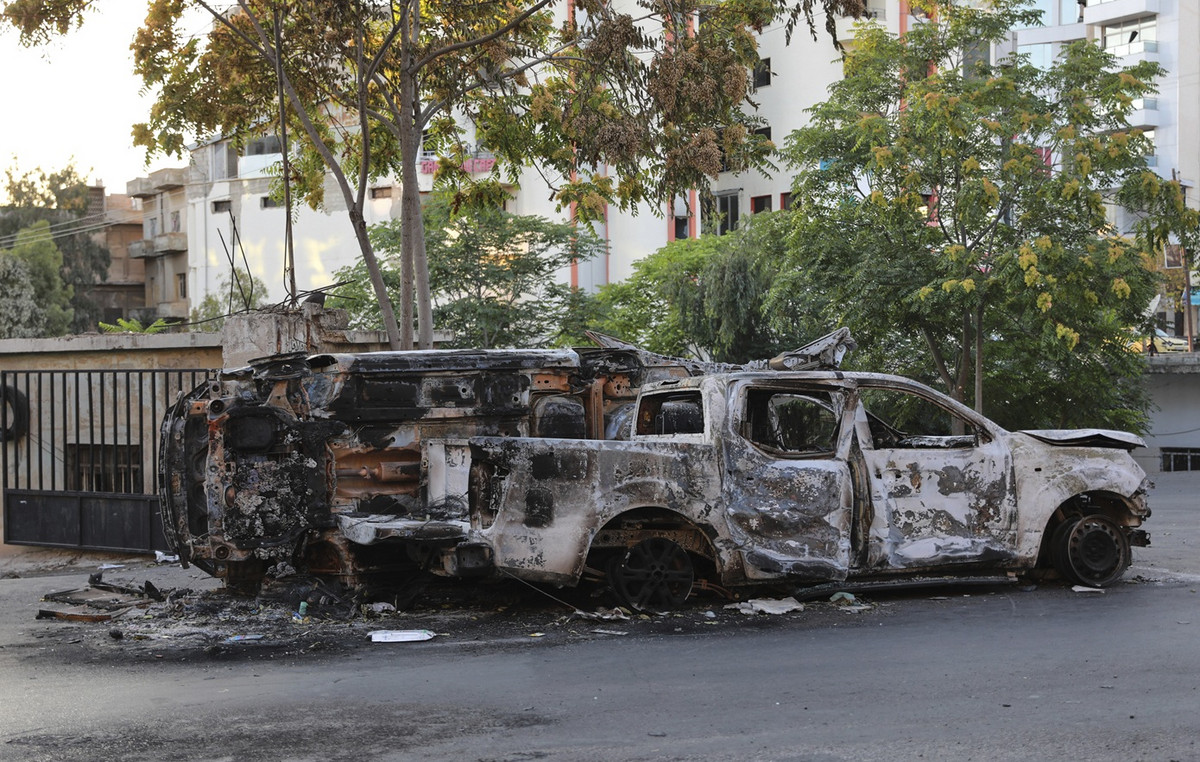A recession in Germany, the euro zone’s biggest economy, is increasingly likely and inflation will continue to accelerate and could peak of more than 10% before the end of the year, the country’s central bank said in a monthly report. this Monday (22).
With its industry heavily reliant on Russian gas, Germany is among the most vulnerable to any power cuts and rising costs are already weighing on production, with even more to be expected.
“The decline in economic output in the winter months has become much more likely,” the central bank said.
“The high degree of uncertainty about gas supplies this winter and the sharp price increases should weigh heavily on households and businesses.”
Russia has been reducing gas exports in response to Western sanctions over its war in Ukraine and many, if not most economists, now see the German recession as inevitable.
High prices and gas shortages are already forcing Germany to cut consumption, with energy-intensive sectors such as metals and fertilizer production being the hardest hit.
Meanwhile, energy costs will continue to push inflation higher, and price increases are not expected to peak until after autumn, at about five times the European Central Bank’s (ECB) 2% target.
“Overall, the inflation rate could reach 10% in the autumn,” the Bundesbank said.
“The upside risk for inflation is high, particularly in the event of a complete shutdown of Russian gas supplies.”
This raises the risk of rapid wage increases, especially given low unemployment, which could perpetuate high inflation through a price and wage spiral, the Bundesbank warned.
The ECB raised its interest rate from record lows last month to combat inflationary pressure, but further hikes are almost certain as the outlook for price growth is not improving.
Source: CNN Brasil
I am Sophia william, author of World Stock Market. I have a degree in journalism from the University of Missouri and I have worked as a reporter for several news websites. I have a passion for writing and informing people about the latest news and events happening in the world. I strive to be accurate and unbiased in my reporting, and I hope to provide readers with valuable information that they can use to make informed decisions.







